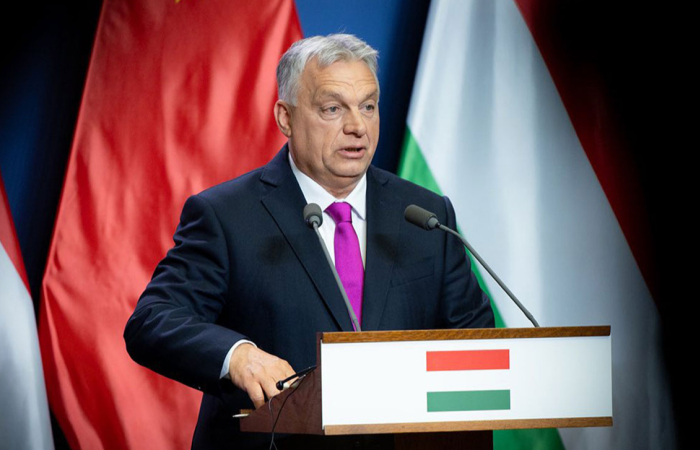A court in Azerbaijan has ruled in favor of blocking several independent websites, including that of the US funded station RFE/RL's Azerbaijani Service, the Berlin based Meydan TV and the opposition newspaper Azadliq..
The Sabail district court in Baku ruled on May 12 that the Ministry of Transport, Communications, and High Technology's request for the blockage of access to the websites must be met.
RFE/RL said it will appeal the ruling, which it called "another blatant attempt" at silencing its reporting in the country.
According to a report on RFE/RL, the ministry has limited access to the sites since March 27 on the instructions of the Prosecutor-General's Office, which claimed they "pose a threat" to Azerbaijan's national security.
It accused them of "posting content deemed to promote violence, hatred, or extremism, violate privacy, or constitute slander."
source: commonspace.eu with RFE/RL







